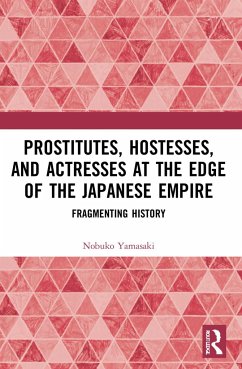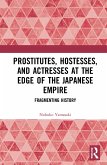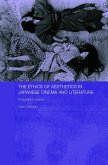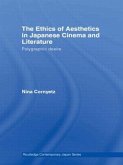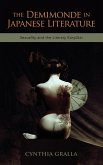Analysing materials from literature and film, this book considers the fates of women who did not or could not buy into the Japanese imperial ideology of "good wives, wise mothers" in support of male empire-building. Although many feminist critics have articulated women's active roles as dutiful collaborators for the Japanese empire, male-dominated narratives of empire-building have been largely supported and rectified. In contrast, the roles of marginalized women, such as sex workers, women entertainers, hostesses, and hibakusha have rarely been analyzed. This book addresses this intellectual lacuna by closely examining memories, (semi-)autobiographical stories, and newspaper articles, grounded or inspired by lived experiences not only in Japan, but also in Shanghai, Manchukuo, colonial Korea, and the Pacific. Chapters further explore the voices of diasporic Korean women (Zainichi Korean woman born in Japan, as well as Korean American woman born in Korea) whose lives were impacted, intervening ethnocentric narratives that were at the heart of the Japanese empire. An appendix presents the first English translation of a memorable statement on comfort women by former Japanese propaganda actress, Ri K¿ran / Yamaguchi Yoshiko. Prostitutes, Hostesses, and Actresses at the Edge of the Japanese Empire will appeal to students and scholars of Japanese literature and film studies, as well as gender, sexuality and postcolonial studies. ¿
Hinweis: Dieser Artikel kann nur an eine deutsche Lieferadresse ausgeliefert werden.
Hinweis: Dieser Artikel kann nur an eine deutsche Lieferadresse ausgeliefert werden.

